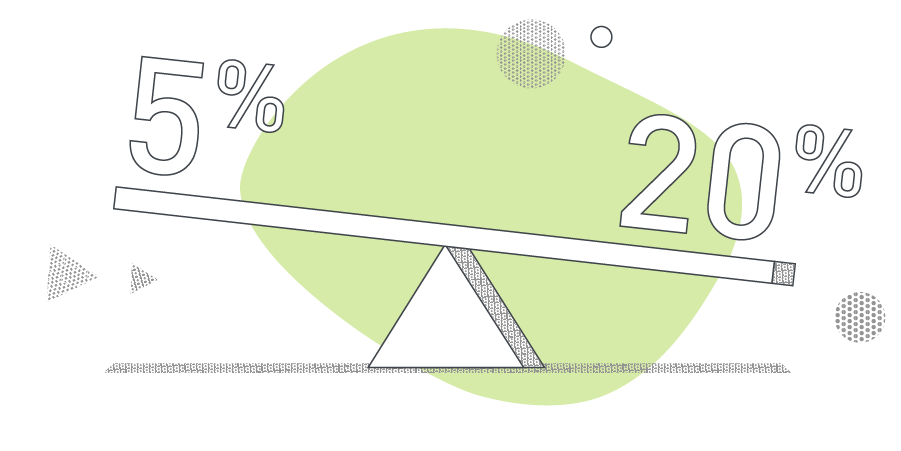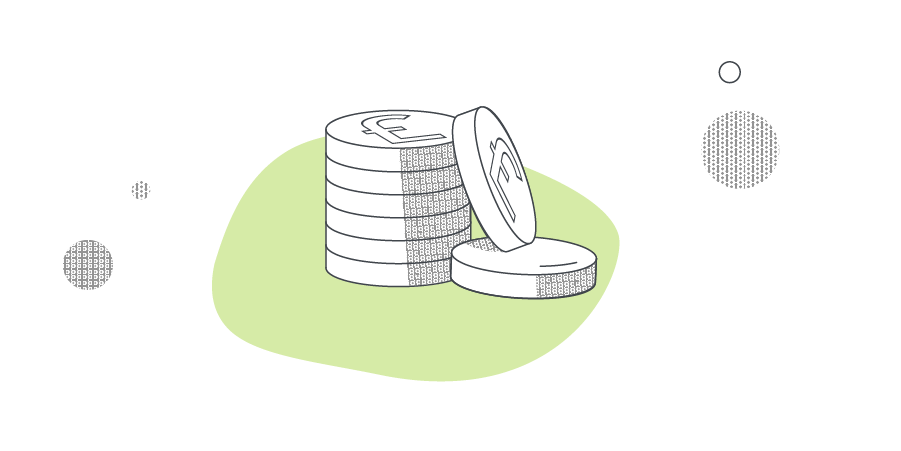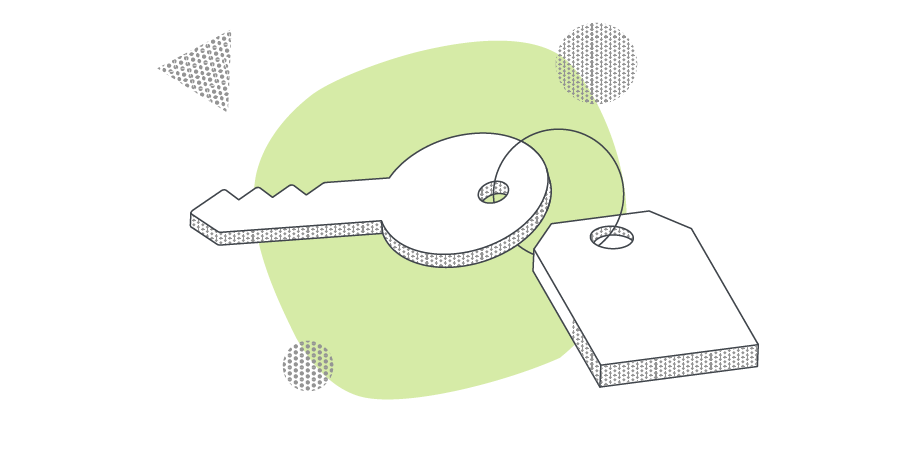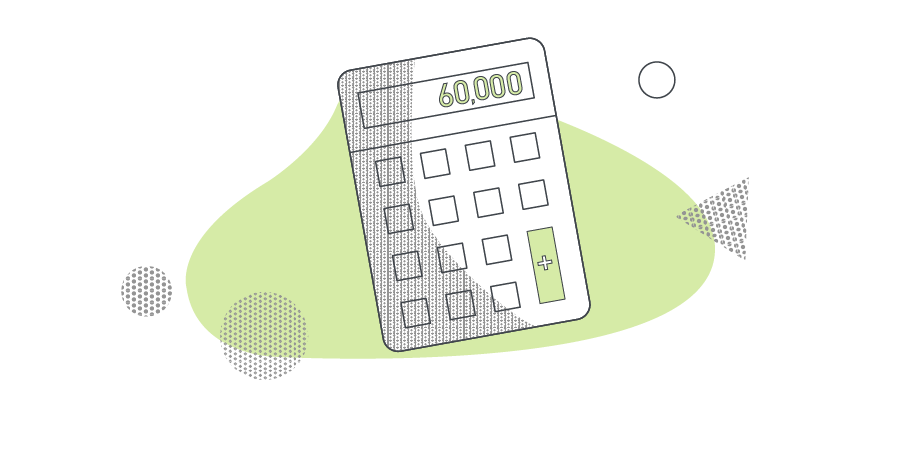
If you’re planning to buy your first home, you’ll know the first step is saving for a deposit. Find out how to get started with our simple guide to mortgage deposit requirements.

How much deposit do I need in percentage terms?
With economic uncertainty prompting many lenders to end their low-deposit deals, first-time buyers could now be looking at a mortgage deposit of at least 10% of the value of their first home.

How much deposit do I need in cash terms?
When working out how much you’ll need to save for your mortgage deposit in cash terms, there are two main things to bear in mind:
- Typical property prices in the area you’re looking to buy in
Property portals like Rightmove or Zoopla will give you a good idea of local house prices, as will talking to local estate agents. But remember that the figures they’ll give you are asking prices – the properties may in fact be worth slightly less or more. If you want more reliable information, the Land Registry will tell you how much houses in the area have recently sold for.
- What you can afford in repayments each month
Mortgage rates are constantly changing. And while the cheapest rate might look the most attractive, beware – it may not necessarily be the best deal for you. There are several other factors to consider, such as minimum and maximum terms, upfront fees, and early repayment charges. If the repayments on a low-deposit mortgage are too high for you, then you’ll need to either get a bigger deposit together or look into schemes like Deposit Unlock.

Should I save a bigger mortgage deposit?
Although the mortgage deposit minimum is 5%, if you can save that bit more there are five main ways you’ll benefit:
- Your monthly repayments will be lower
It’s a bit of a no-brainer, but the bigger the deposit you can find, the smaller your loan will be. And the smaller the loan, the lower your monthly repayments.
- You’ll get a better mortgage deal
Putting down a bigger deposit will make you less of a risk for lenders. So they’ll often be prepared to offer you lower interest rates.
- There’s more chance you’ll be accepted
All lenders carry out checks as to whether you can afford your mortgage repayments, taking into account your income and outgoings. If your deposit is small, you’re more likely to fail these checks, as you’ll need to put more money into your mortgage each month.
- You’ll have a bigger buying budget
A mortgage is typically up to four-and-a-half times your salary. If this means you can’t borrow as much as you’d like, you may need a bigger deposit just to make up the value of the property.
- You’ll be at less risk of ‘negative equity’
The more of your home you own outright, the less chance you have of falling into ‘negative equity’. That is when you owe more on your mortgage than your property is currently worth – which can make it very difficult for you to move house or switch mortgage.




